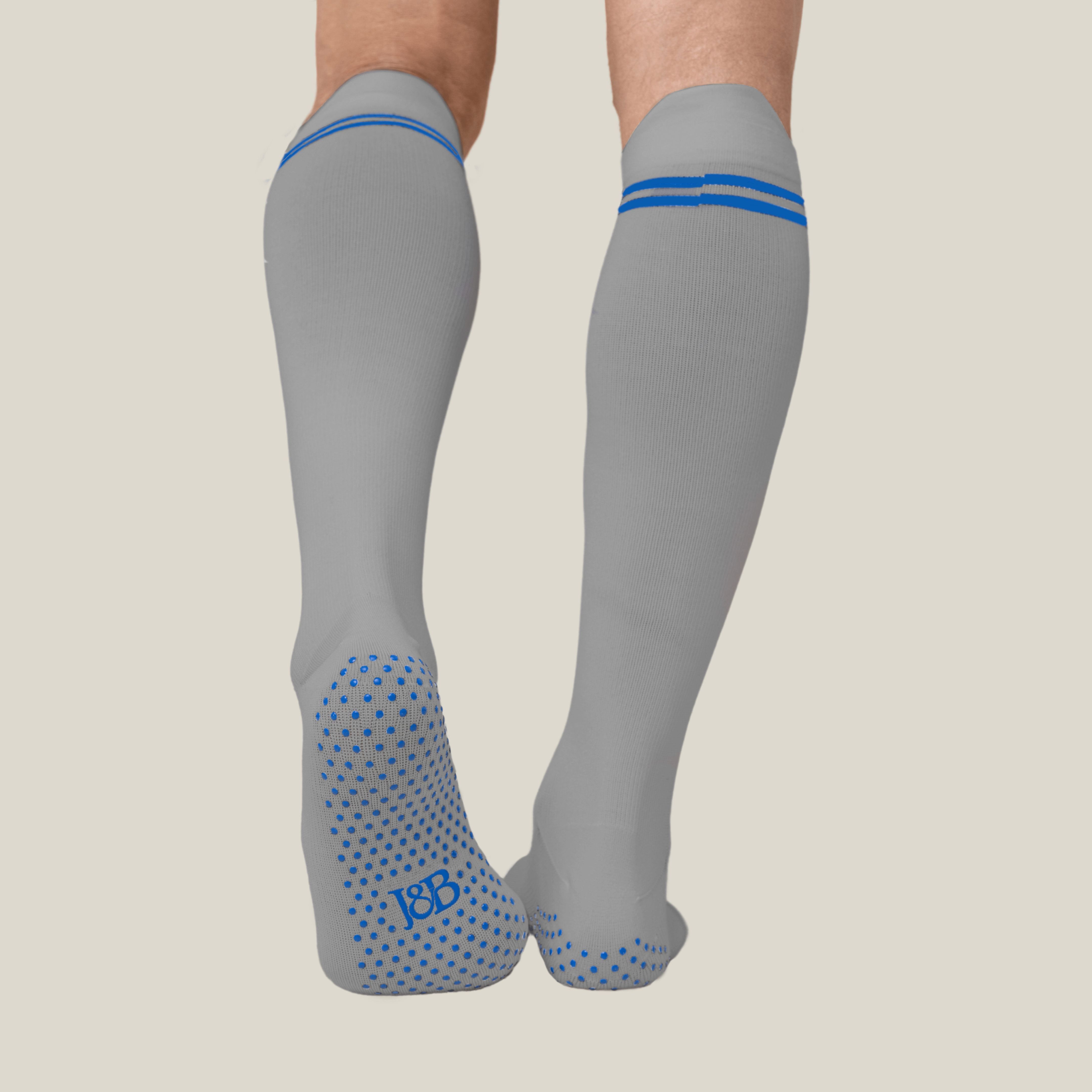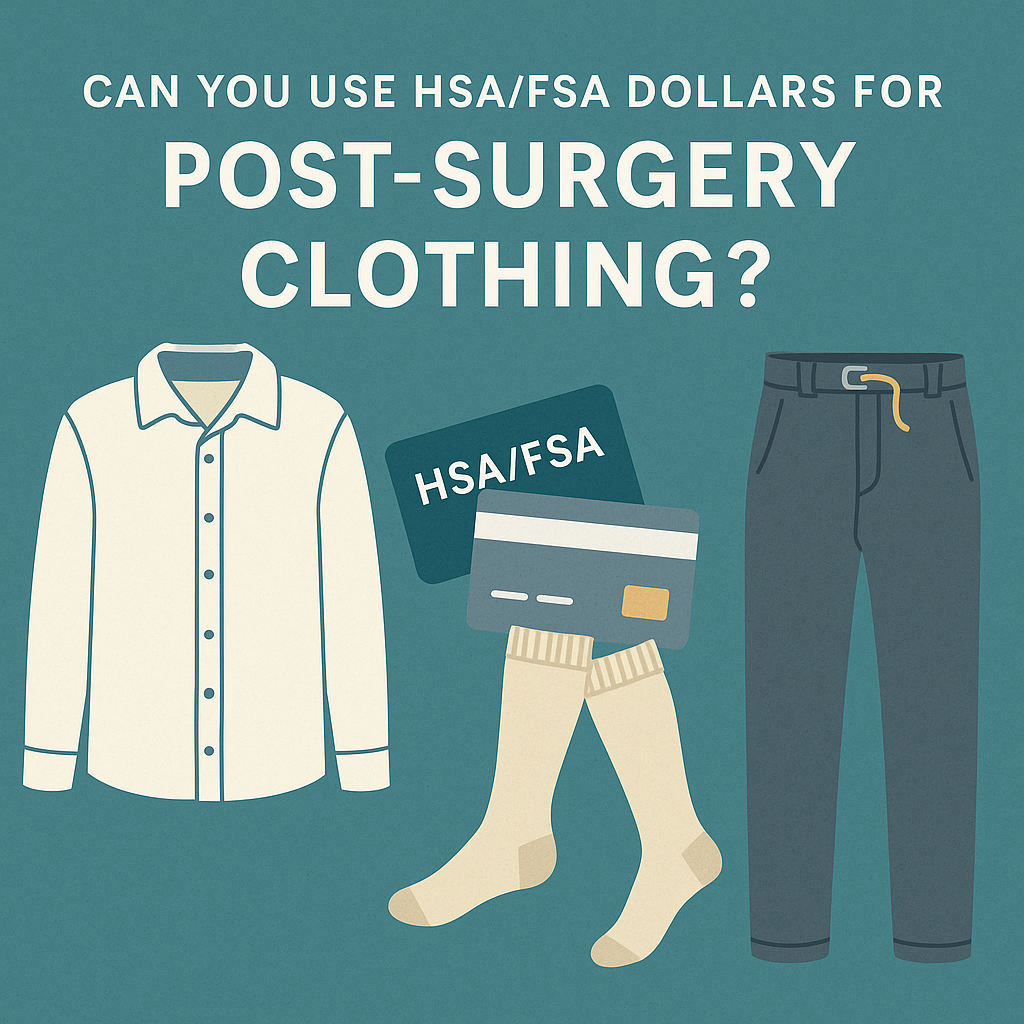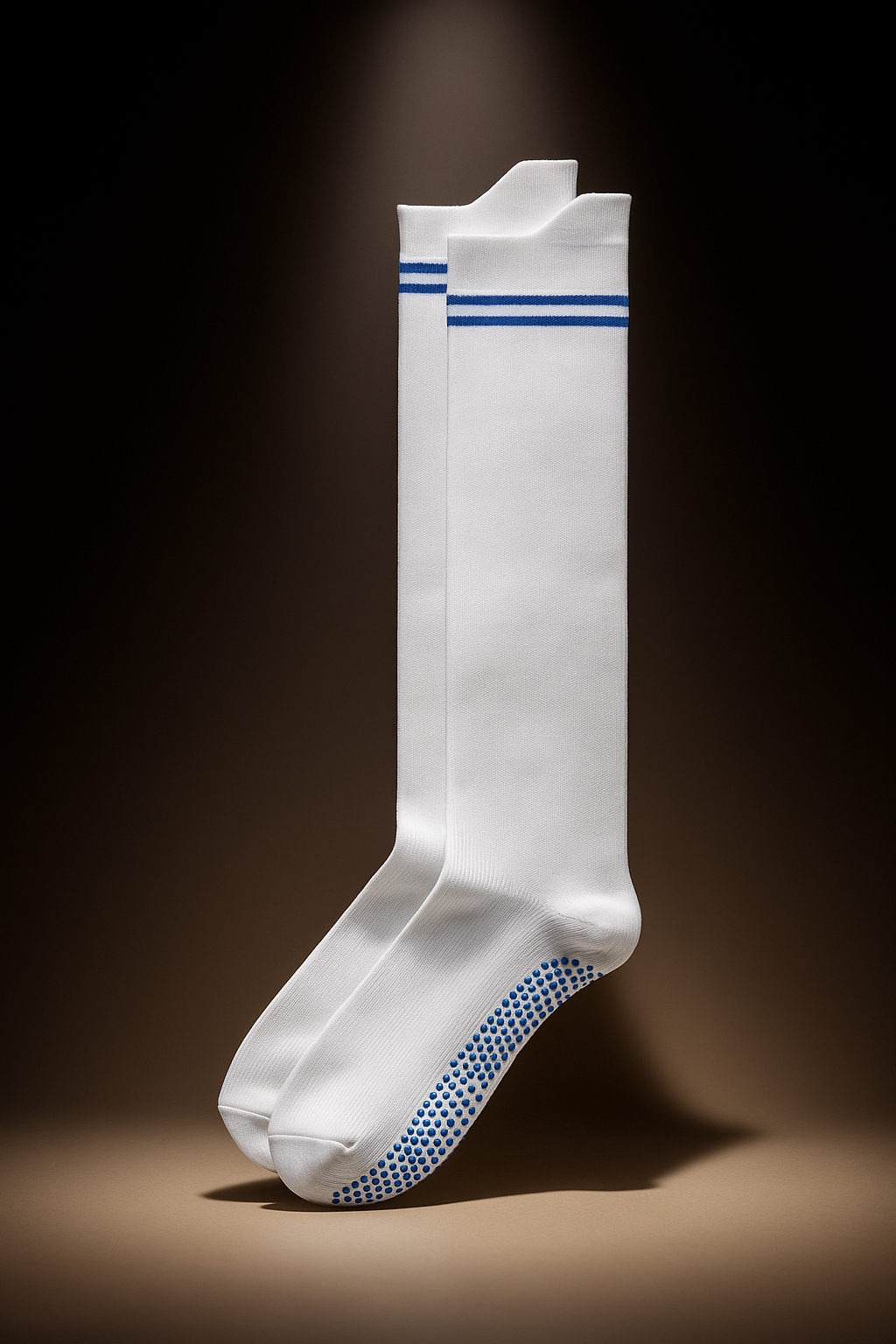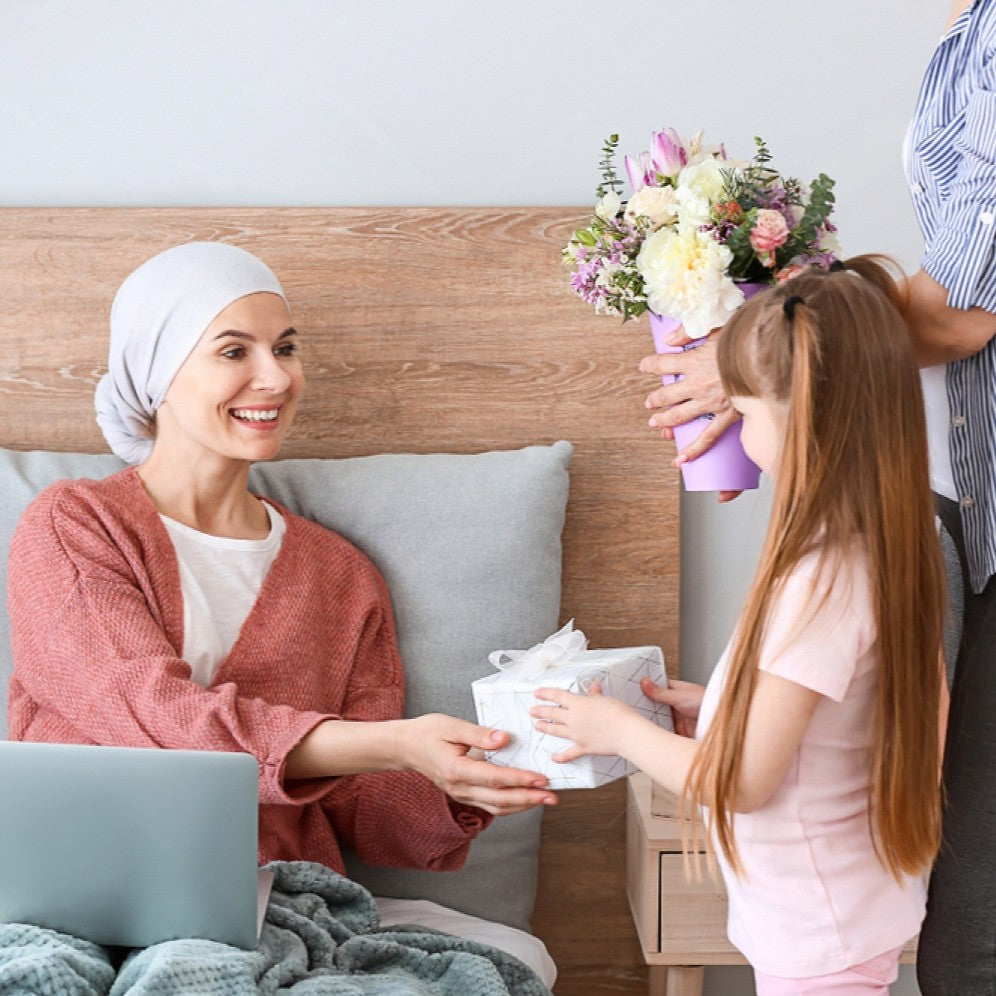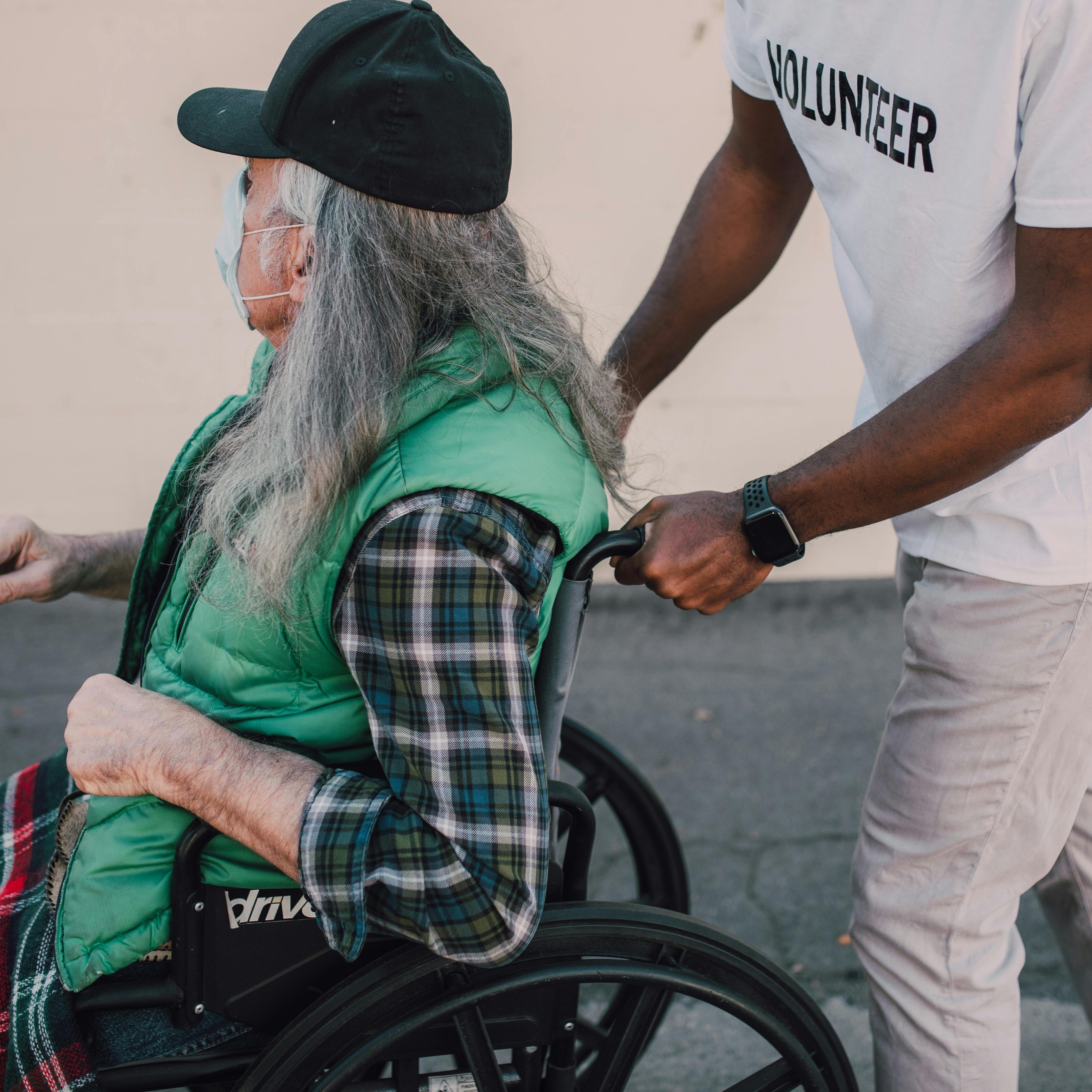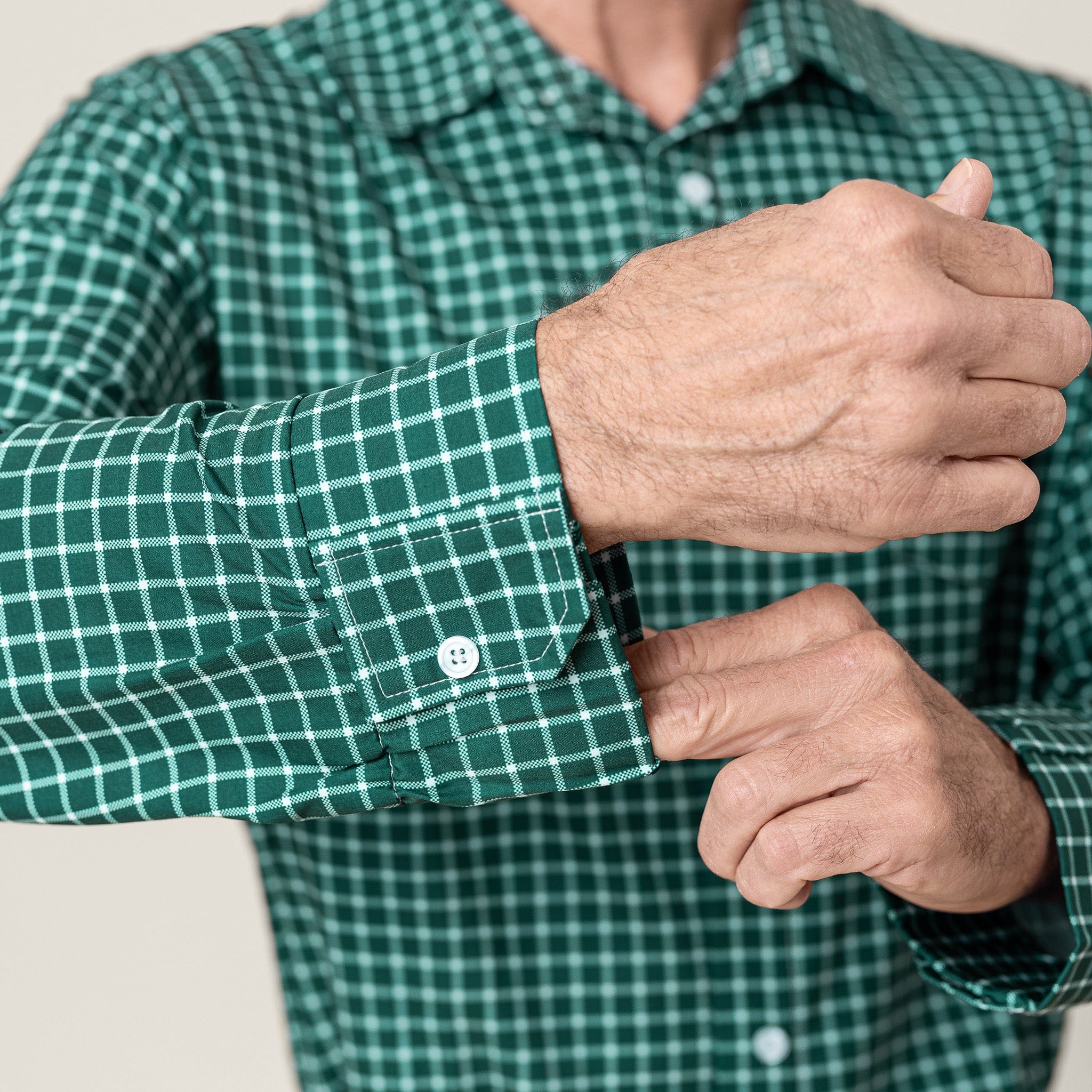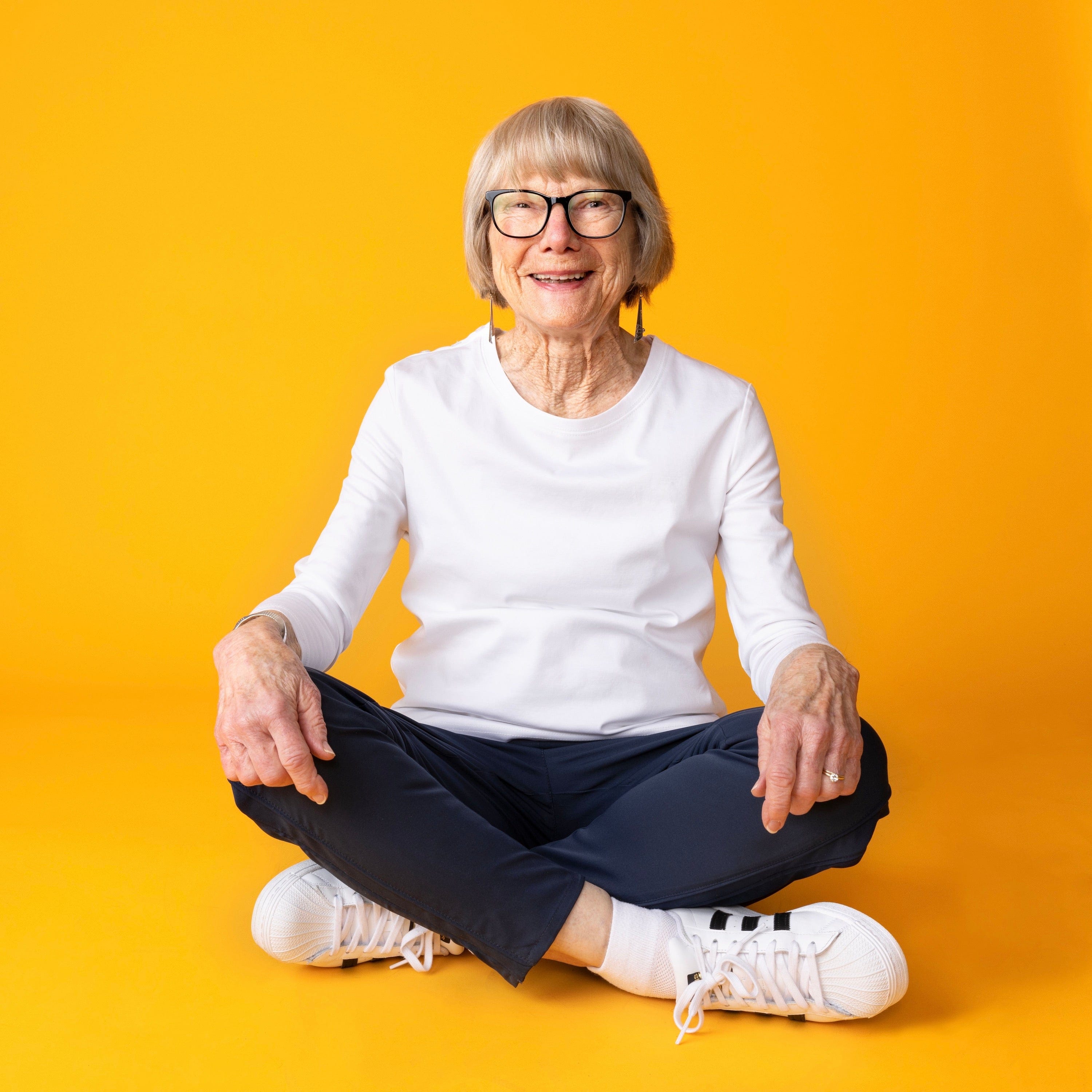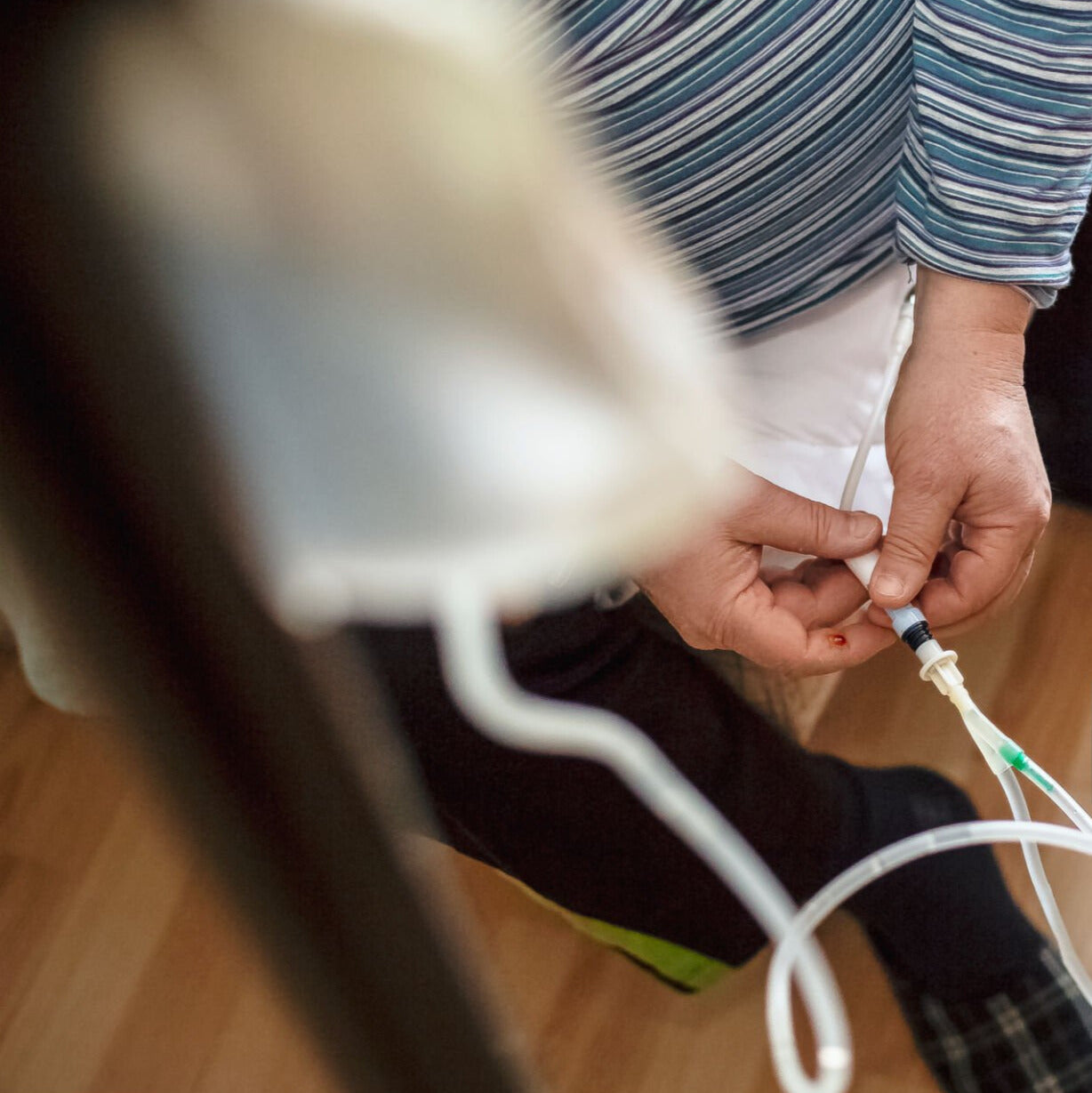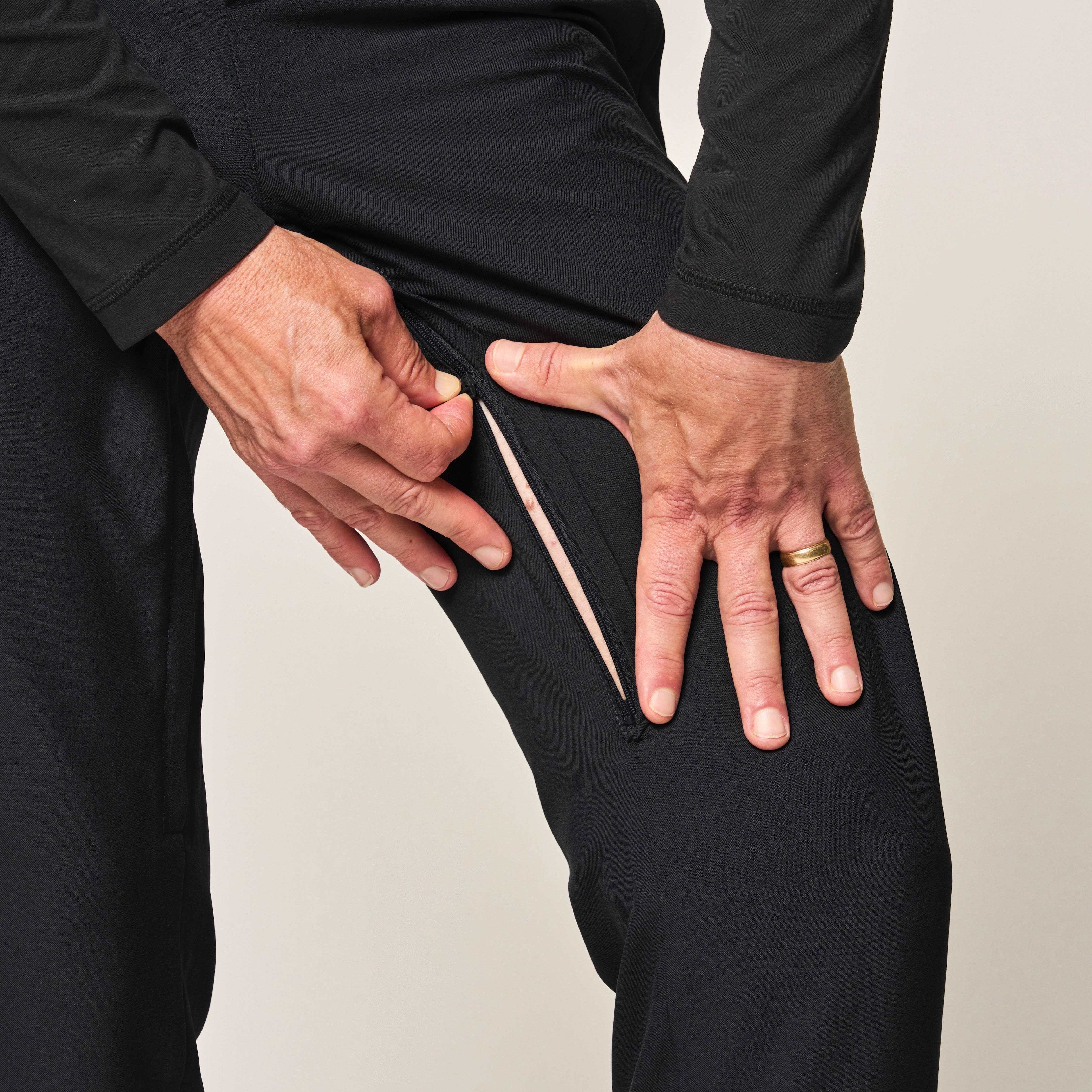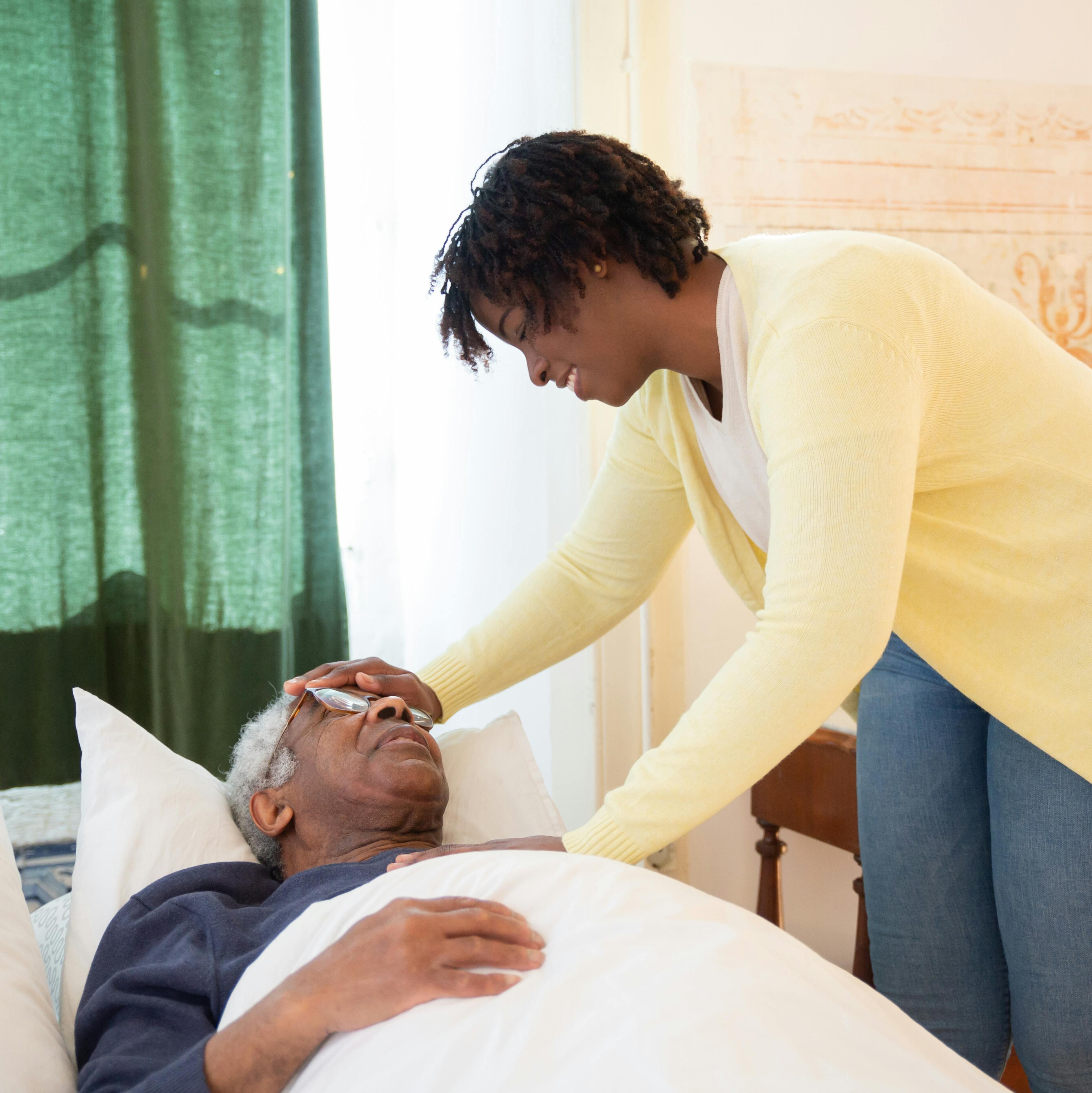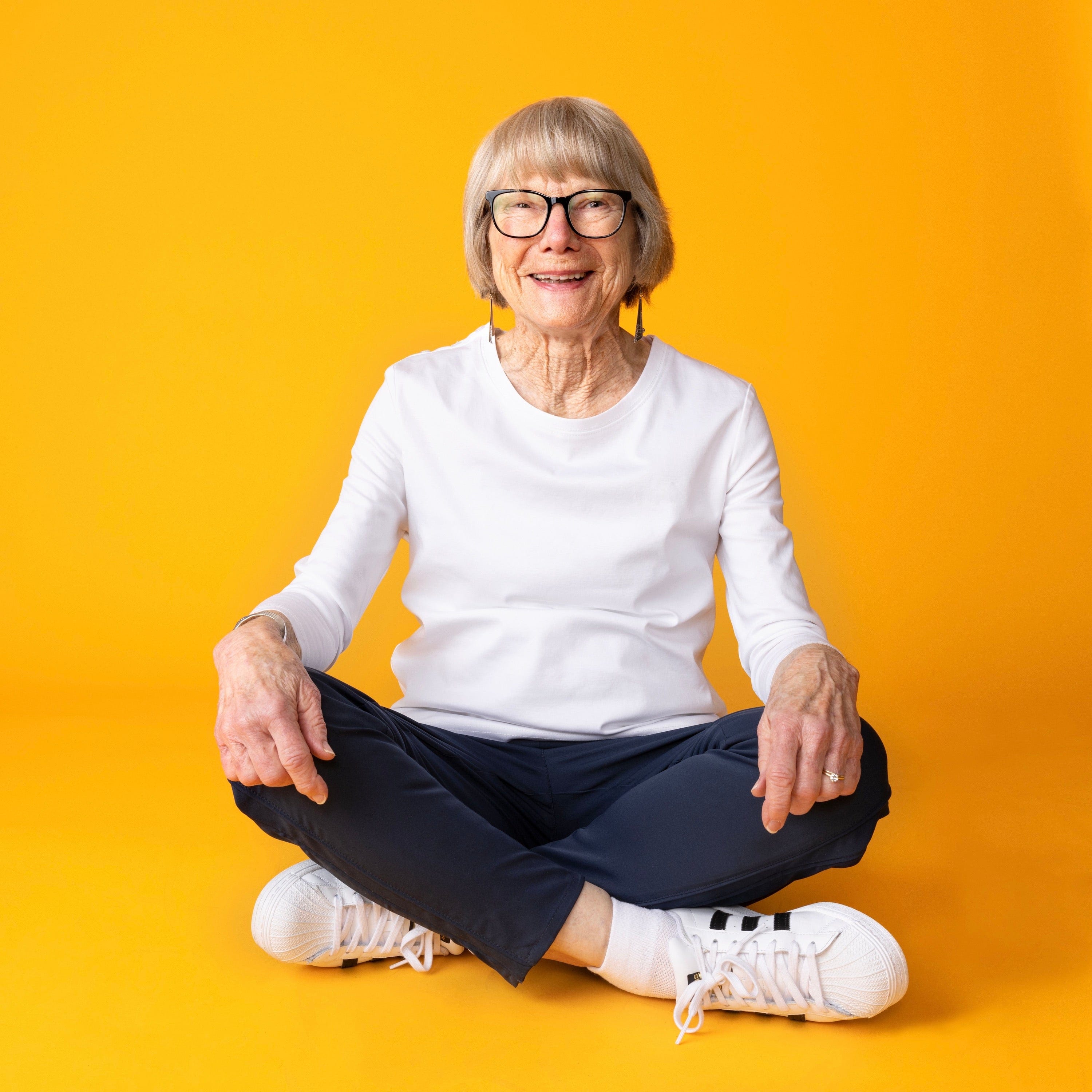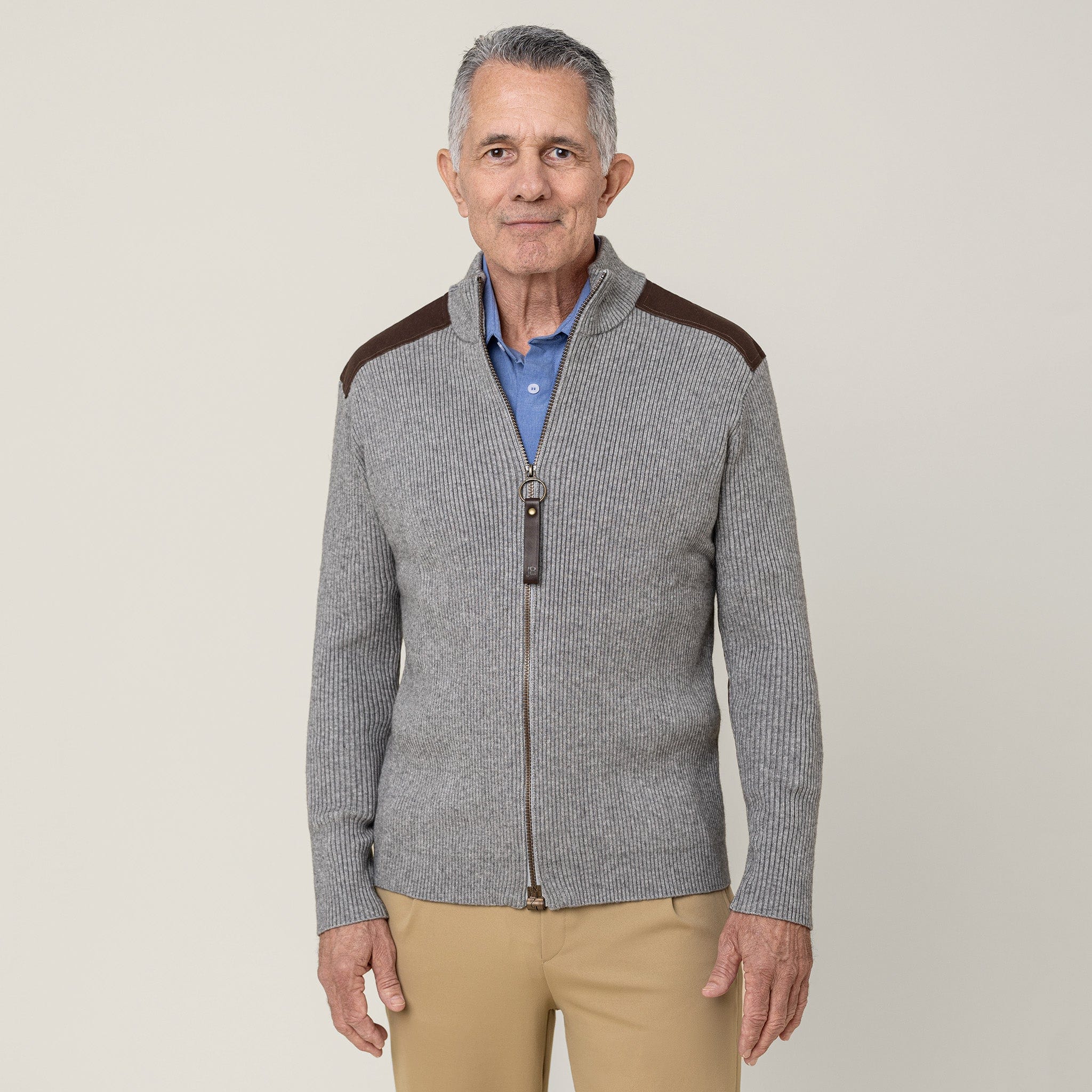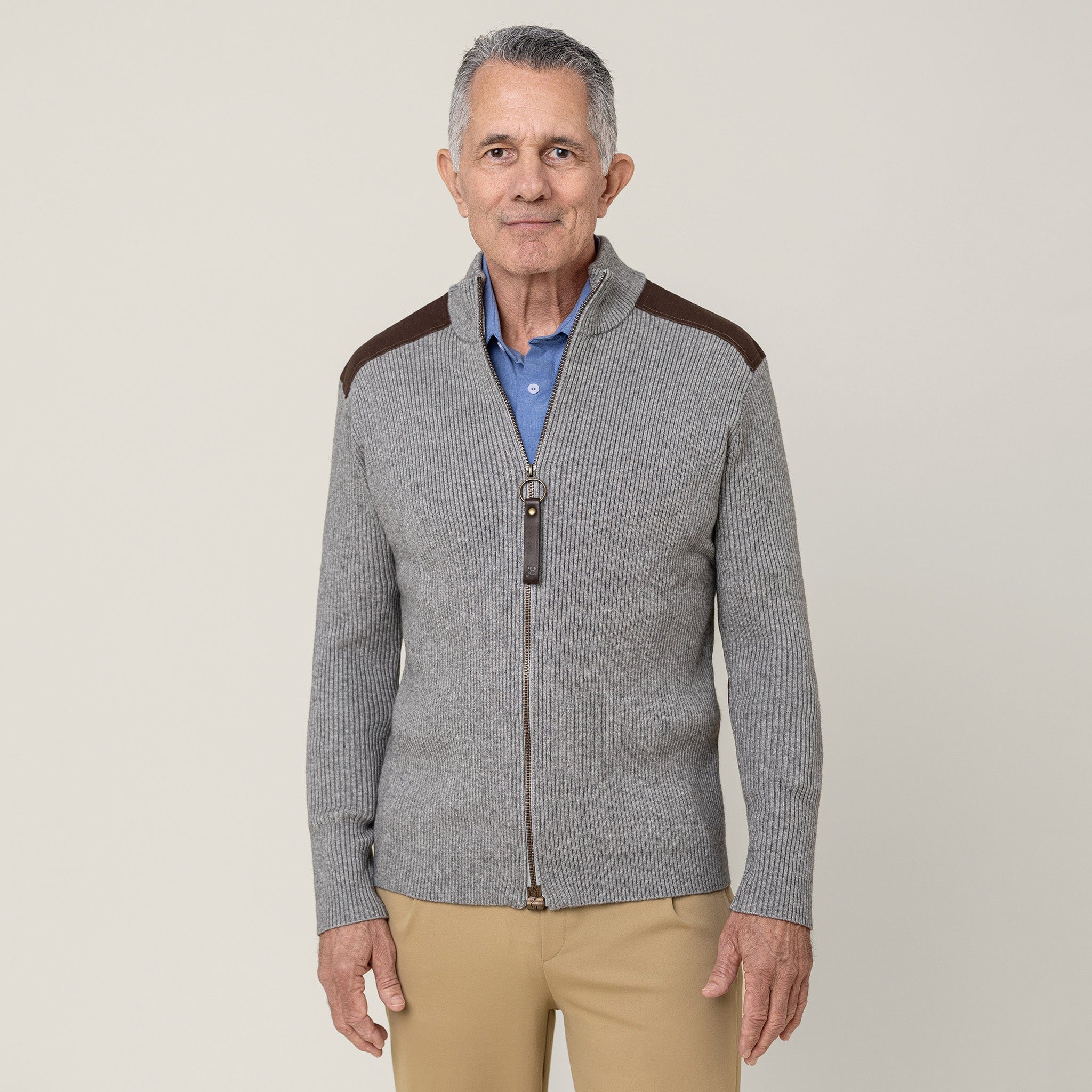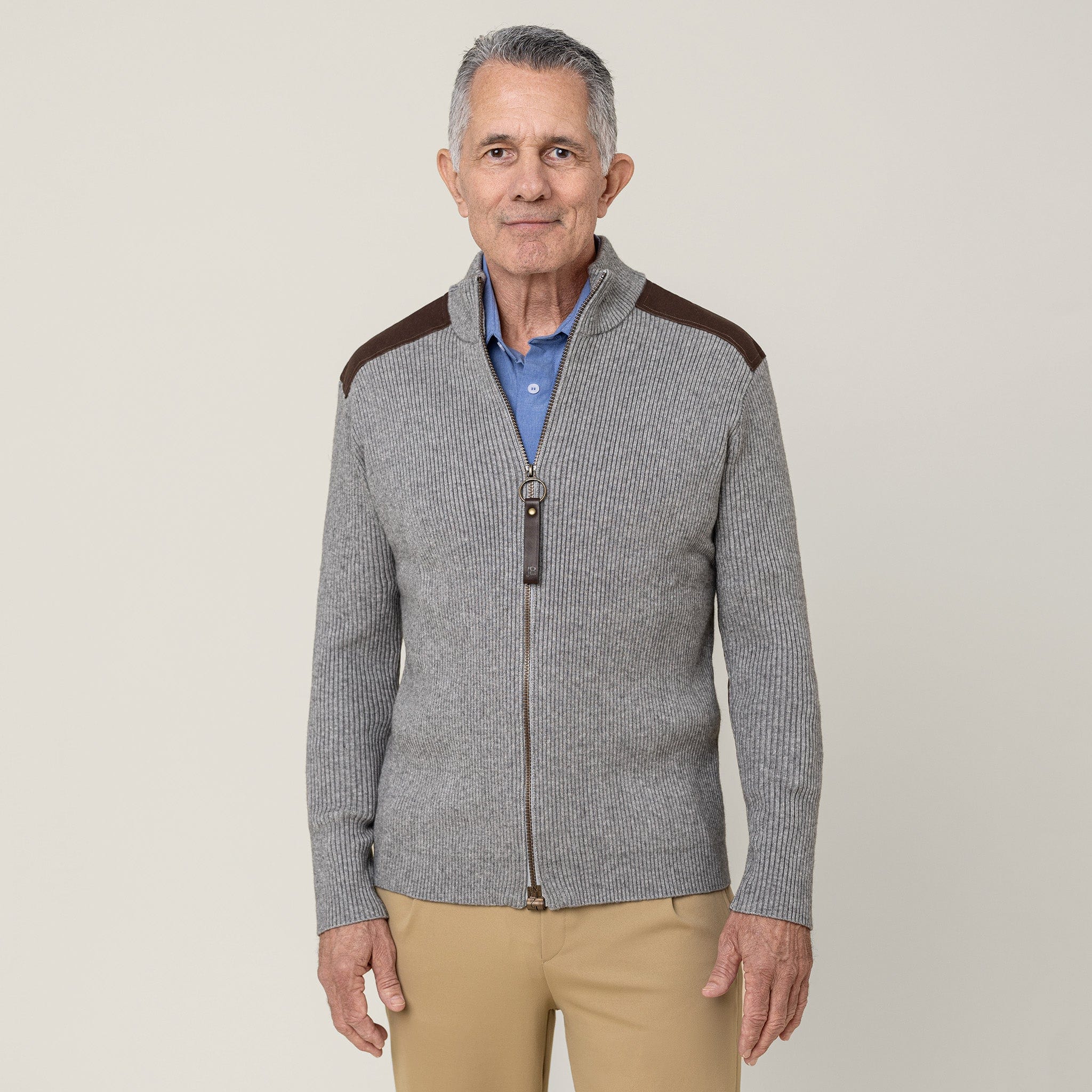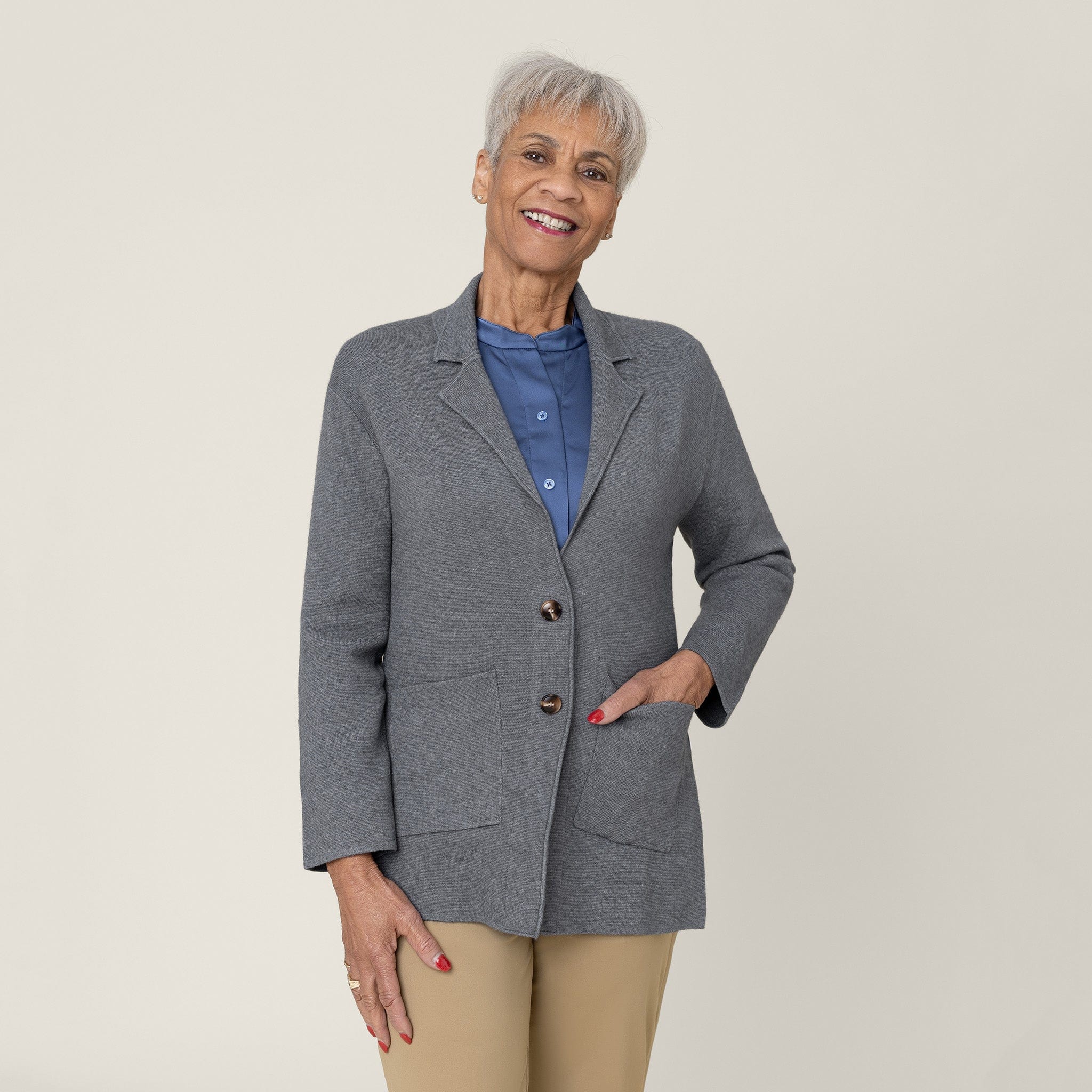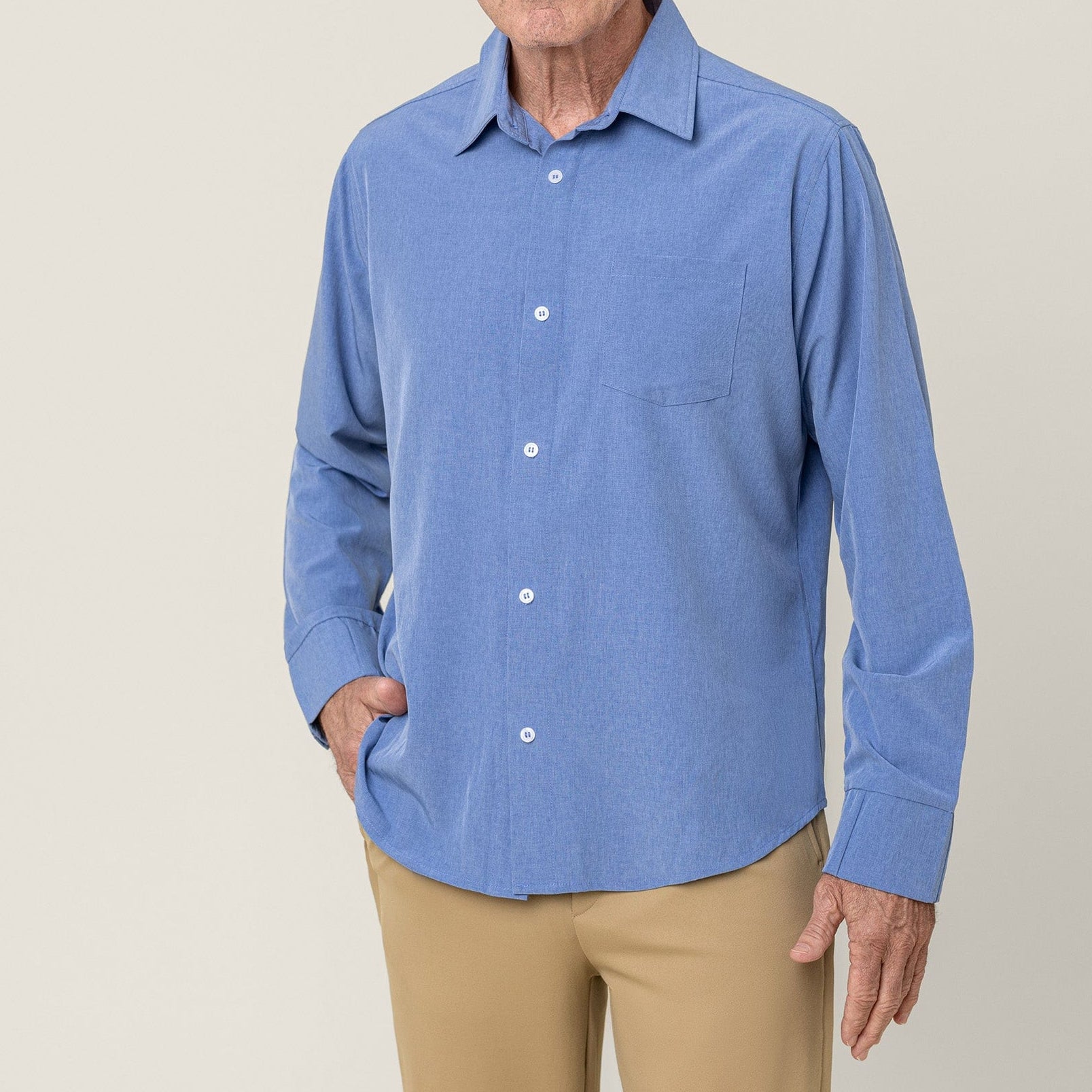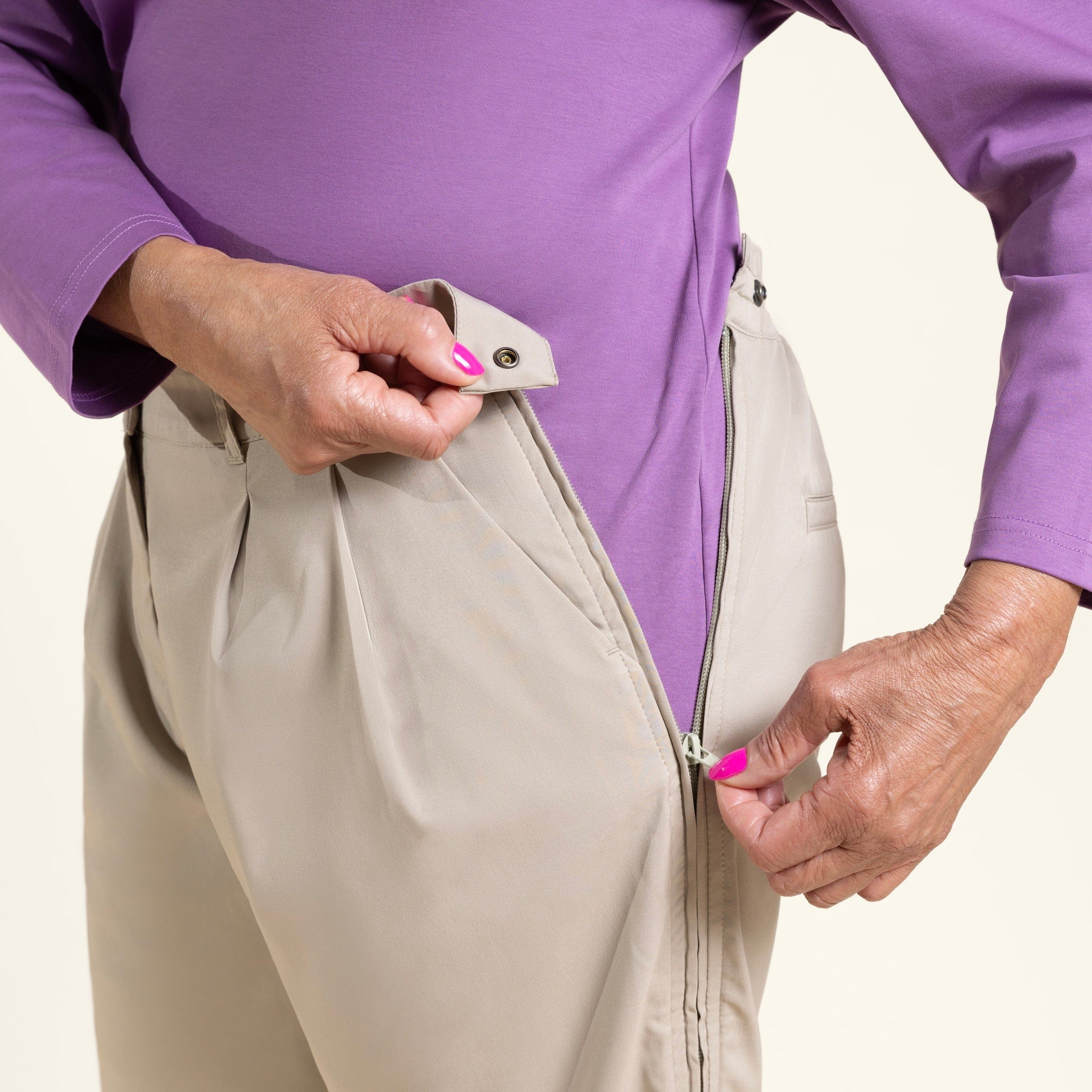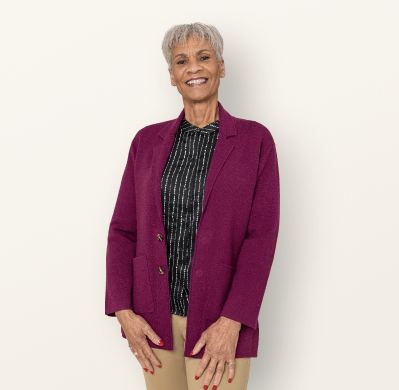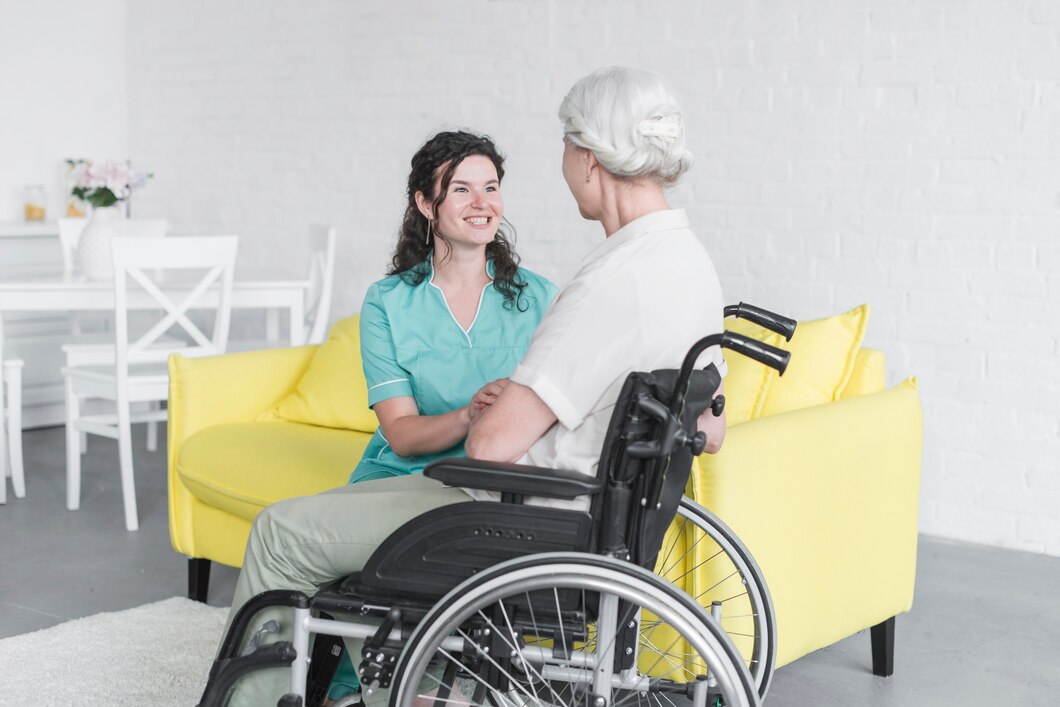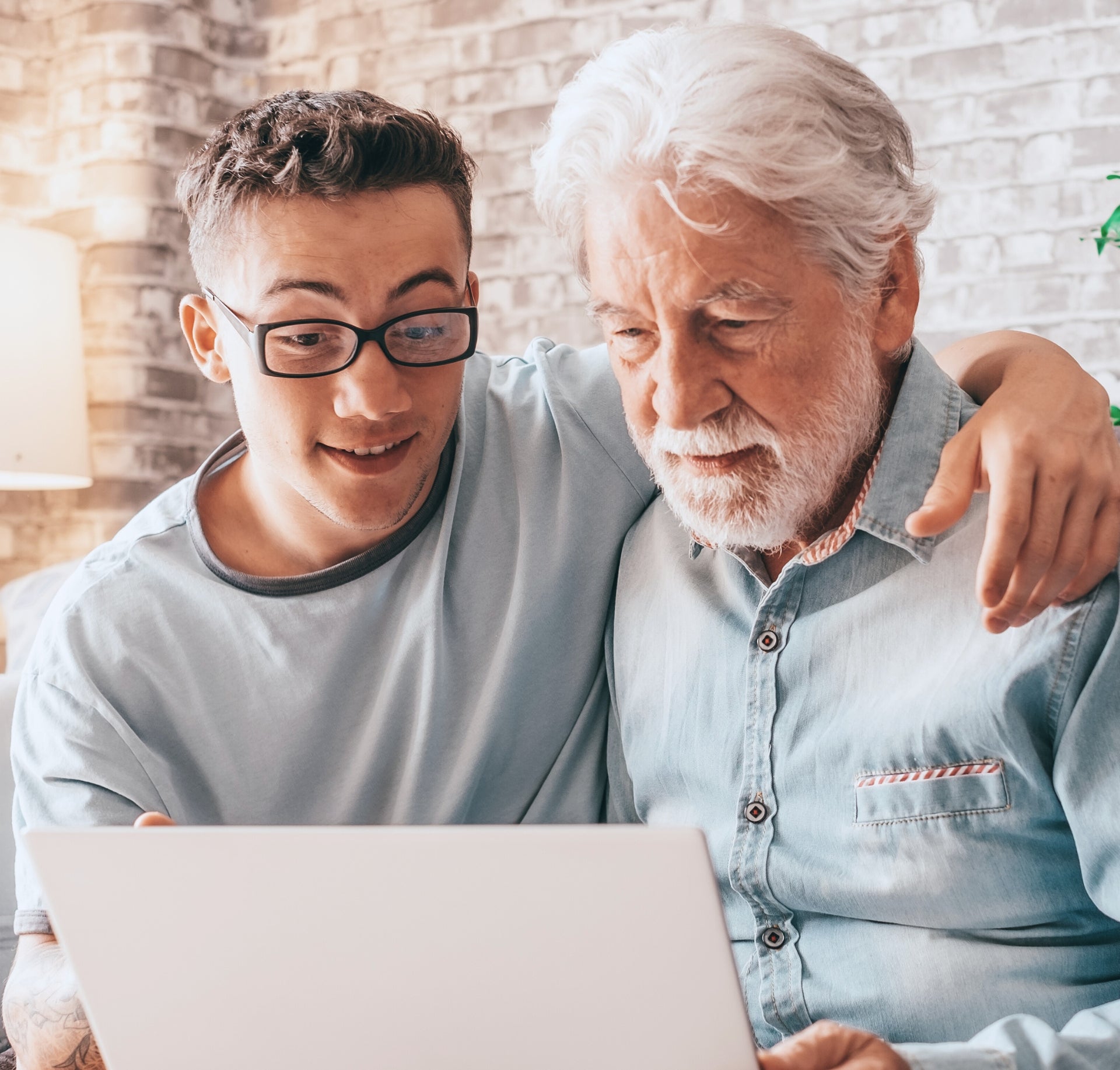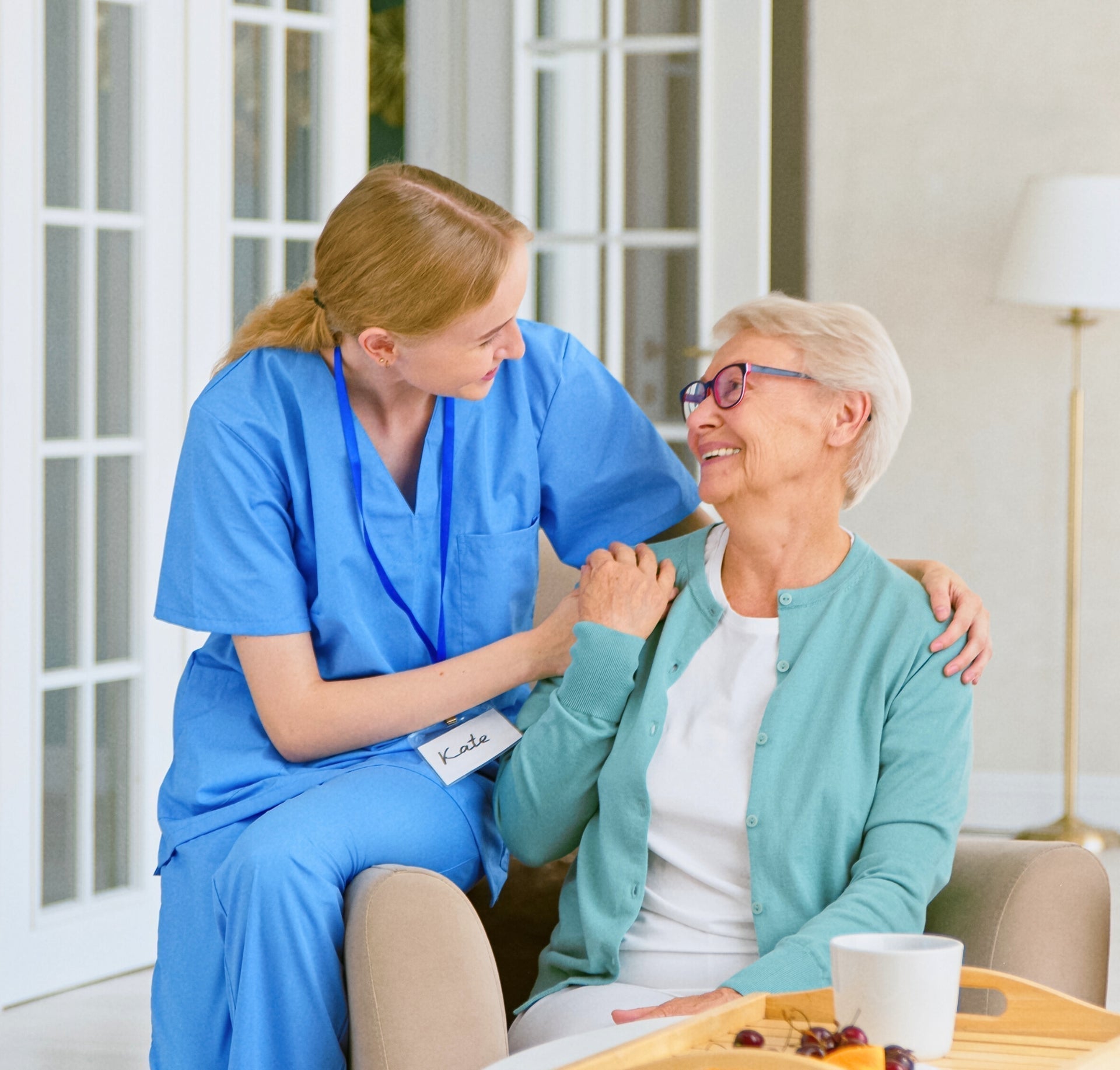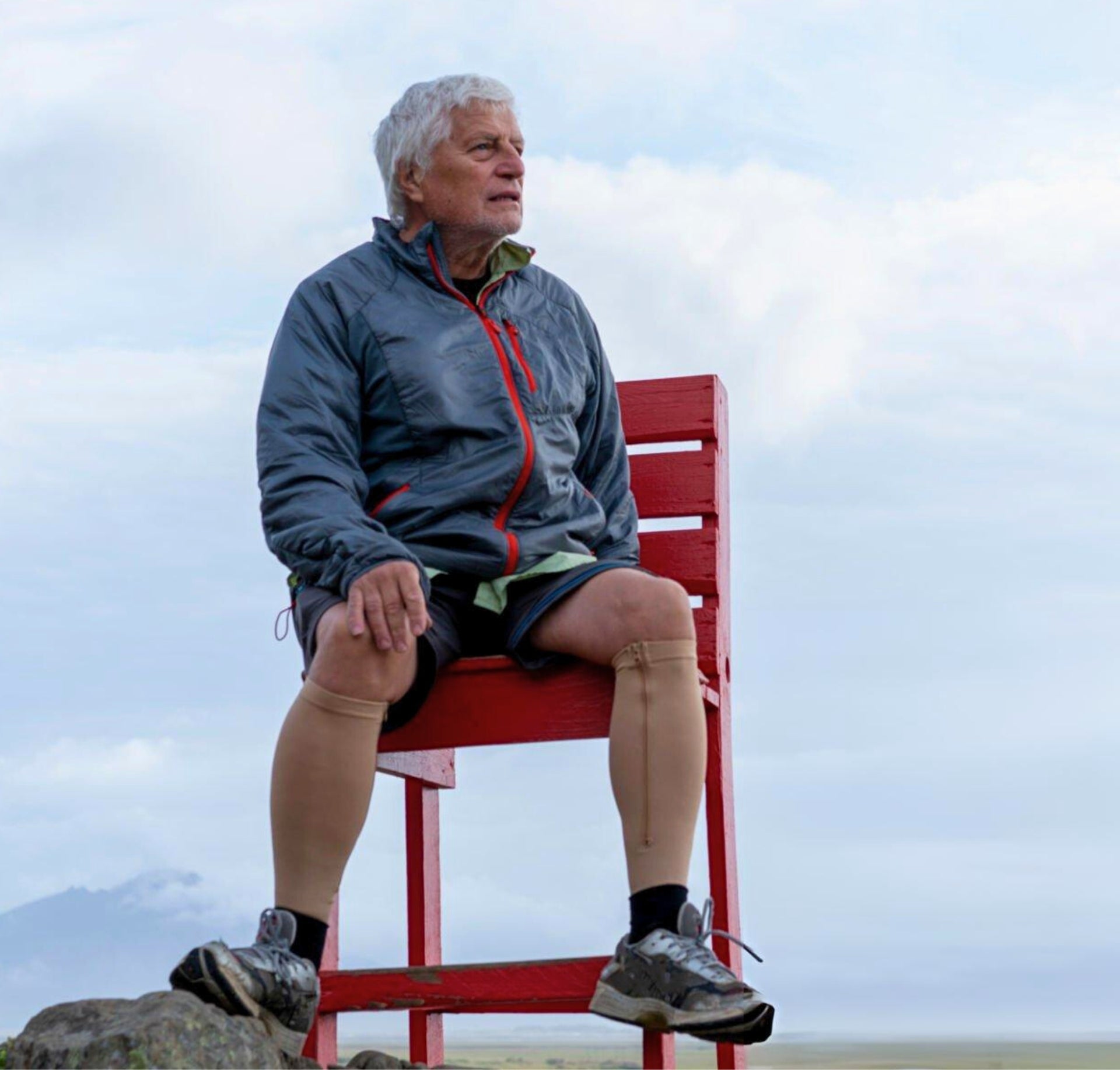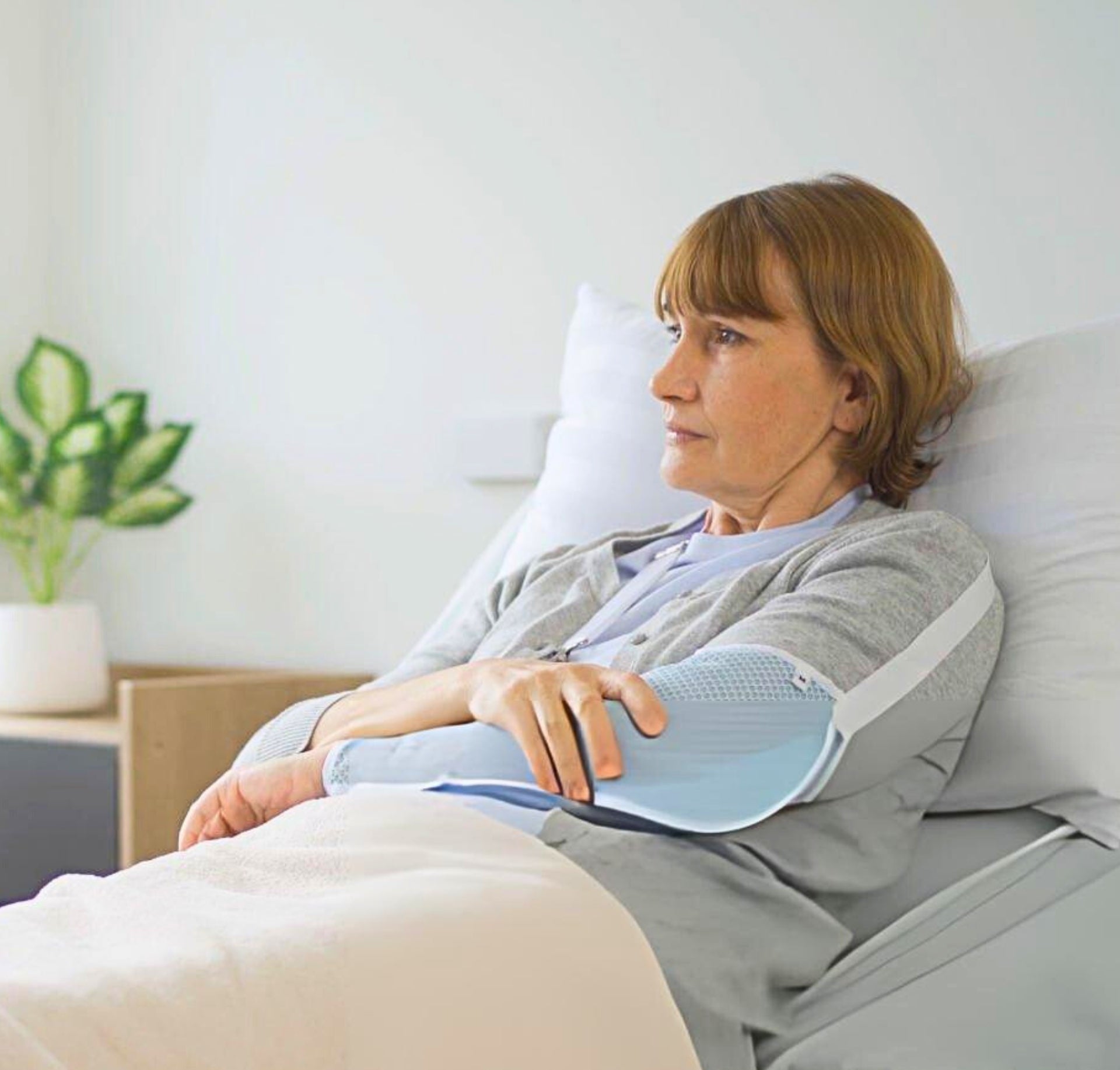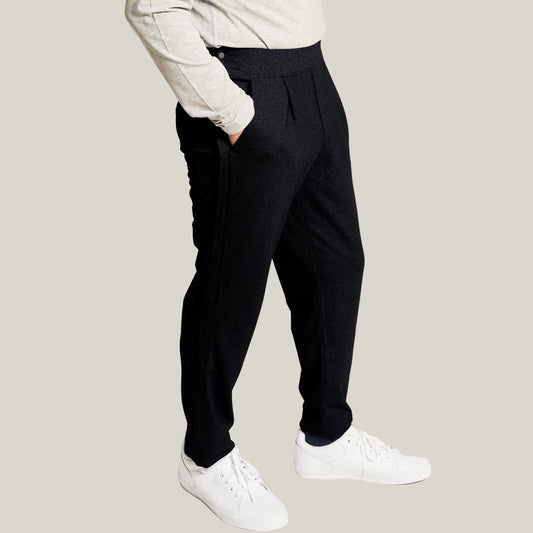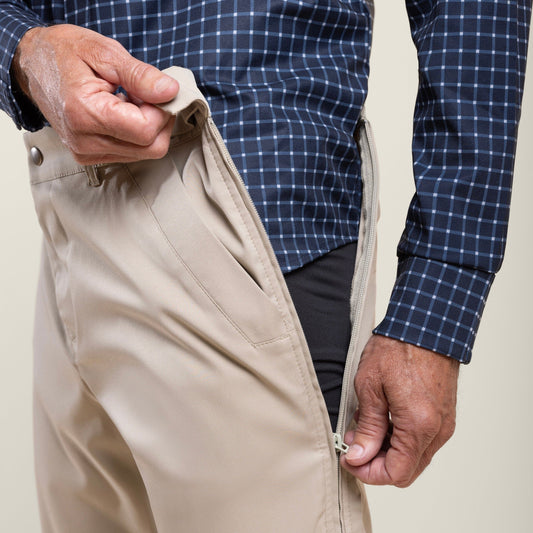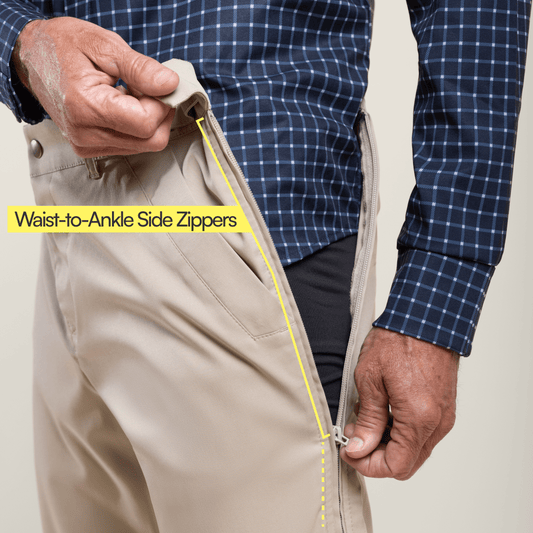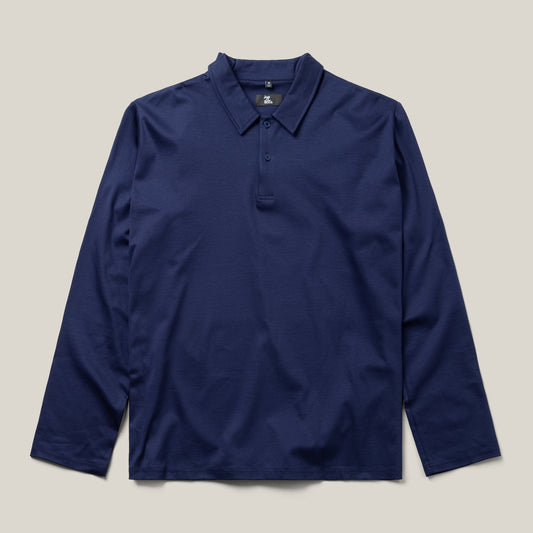Caring for elderly parents is an emotionally rich and often tumultuous journey, filled with unique challenges and profound rewards. In this article, we will explore the multifaceted aspects of taking care of aging parents, providing deeper insights and practical advice for those navigating this caregiving path.
An initial piece of advice: While your parents’ life might be quickly evolving into uncharted waters for you, remember that many others have already navigated the path you’re currently on. While it might seem like you’re in a unique spot, take comfort in knowing that many others have struggled yet persevered from where you’re standing now. So use their experience and expertise to help set yourself up for success. Find them online, in the bookstore, through friends and family and listen to and learn from others who have lived through this life stage so you can find a path that best works for you and your family.
Understanding the Challenges of Caregiving for Elderly Parents
Emotional and Physical Challenges

Caregiving for elderly parents involves a spectrum of emotional and physical demands. Emotionally, caregivers often face feelings of guilt, sadness, and frustration, particularly when witnessing their parents' declining health. The transition from being a caregiver to being cared for by parents can be emotionally complex and difficult. As the author Tia Walker once famously wrote: “To care for those who once cared for us is one of the highest honors.” During challenging times, it’s helpful to keep this quote in mind.
Physically, the tasks associated with caregiving, such as lifting or assisting with mobility, can be demanding and exhausting. This physical toll can be especially challenging for those who are also managing their health issues or who lack the requisite physical strength.
Balancing the demands of caring for parents for the rest of your life can be a huge challenge, particularly when you're working full-time and raising children. Hello, sandwich generation! The lack of time and life balance can weigh down caregivers, who often feel overwhelmed with so many priorities. Some caregivers even experience guilt when taking a night off from caregiving, which can lead to caregiver burnout, highlighting the importance of respite care.
Psychological Benefits and Importance

Despite these challenges, caring for elderly parents also can bring you so many unexpected benefits. It can strengthen family bonds, offer a deep sense of fulfillment, and provide a tangible way to express gratitude and love. The act of caregiving can be an enriching experience, offering emotional rewards that often outweigh its challenges.
According to the American Psychological Association, “Caregivers who perceive more benefits from caregiving report lower levels of depression (Haley, et al, 2003). This sense of satisfaction and well-being can have important benefits for caregivers well after caregiving has ended.” The APA also notes that caregivers often experience both positive and negative emotions around caregiving, highlighting that the rollercoaster of emotions associated with helping an aging parent are normal.
The Balance of Emotions

Balancing the emotional highs and lows is crucial in caregiving. It's important to acknowledge and accept the range of emotions that come with caring for aging parents. This emotional journey includes moments of joy and satisfaction as well as periods of stress and frustration. If you find yourself deep in your own emotions, do your best to find moments of reflection and respite in order to remain recharged and the best caregiver you can be. And, to the best of your ability and resources, take a break. Get away. Do what makes you happy – including physical exercise.
Recognizing the Stress of Caring for Elderly Parents

Identifying Stressors
The stress of caring for elderly parents can stem from various sources. Financial strain, emotional toll, time management, and personal health concerns are among the primary stressors. It's crucial to recognize these challenges early on to manage them effectively.
For example, if helping your parent get dressed each and every day creates tension between you two, which is commonly reported among caregivers, try and change up this routine. Do they argue with you over which clothes to wear? You can remove some of their clothes from their closet, making their decisions easier. Do they have physical challenges when it comes to getting dressed? Then it’s probably time to invest in adaptive clothing that goes on and off so much easier. Many caregivers report that using adaptive clothing is a great way to reduce tension and frustration with their parents.
Financial and Emotional Challenges
Financial concerns can arise from medical expenses or the need for specialized care. Managing these expenses, especially when balancing a budget, can add significant stress. Emotionally, the shift in family dynamics, combined with the sadness of seeing one's parents age, can be profound.
While most of us don’t think about caregiving until the moment when that care is needed most, it’s important to prepare as much as you can, and hopefully have a care plan in place long before you need to use it.
But if you’re in a bind and in the midst of your caregiver journey, there are other resources out there that may help you. Look for your local Areas Agency on Aging or other community resources. Many states and cities also have local resources for their residents. In Illinois, for example where Joe & Bella is based, you can access the Illinois Department of Aging and the city of Chicago’s Family and Support Services that provides resources and assistance for family caregivers.
Time-Related Challenges

Balancing the time required for caregiving with personal and professional responsibilities can be extremely challenging. This struggle often leads to a feeling of being constantly stretched thin, which can significantly impact the caregiver's own health and well-being. It’s so important that you ask for help or find a way to “team up” with other family members, friends or neighbors to jointly provide care so it all doesn’t have to fall on you. Even if you’re the primary caregiver, asking a neighbor to watch a family member for an hour can be a huge relief. More on this below.
4 Tips on Managing Stress from Taking Care of Elderly Parents

1. Seek Support Networks
It's vital to seek support, whether from family, friends, or support groups. Sharing responsibilities and discussing challenges can significantly reduce stress. Support networks can provide practical advice, emotional support, and sometimes even hands-on assistance. From asking for rides to a doctor’s visit, to help with meals, your friends, neighbors, and family can offer help if you ask for it.
Maybe you just need an extra set of eyes while you shower in the morning or need coverage when you go to parent-teacher conferences; whatever the reason, it’s on you to ask for the help.
2. Set Realistic Goals
Understand what can be realistically achieved in terms of caregiving and set boundaries to prevent burnout. Accepting that some days will be more challenging than others is key. It's also important to recognize when additional help is needed. Sometimes, the best thing you can do is say no. Keep your boundaries! If you allow them to disappear, you will lose balance and burnout will be inevitable. If you want a great resource on how to set boundaries and set yourself up for long-term success as a caregiver, Theresa Wilbanks of Sustainable Caregiver provides wonderful strategies.
3. Prioritize Self-Care
Self-care is crucial. Caregivers should ensure they are taking time for their health and well-being, which includes regular exercise, adequate sleep, and healthy eating. Neglecting self-care can lead to burnout and a decreased ability to provide care. Yes, if you are too tired, too sick, too sick of it all, you won’t be able to provide care. In order to be a good caregiver, you need to care for yourself.
4. Consider Professional Help
Professional help, such as in-home care services, can provide necessary respite and assist with the more challenging aspects of caregiving. This not only helps the caregiver but also ensures that the elderly parent is receiving the best possible care. This includes finding respite care for you as well as other services that can improve care for your loved one and order in your home. Maybe you just need some extra help to keep the house clean, or you need someone to stay at your home overnight. Think about what help would be most impactful and find a way to make it happen.
Practical Tips on How To Care For Elderly Parents

Providing Physical and Medical Care
Understanding how to take care of elderly parents physically and medically is crucial. This includes regular medical check-ups, medication management, and adapting the home environment to ensure safety. It's also important to stay informed about their medical conditions and treatments. If you’re not a medical professional yourself, don’t try and become one! Rely on experts. If you’re not sure what to do, ask someone. There’s so much information online for caregivers, so make sure you use it (though listening only to “Dr. Google” is not recommended, of course).
Balancing Personal and Professional Life
Balancing the demands of caregiving with personal and professional life requires careful planning and time management. It's essential to communicate with employers about your situation and explore flexible working arrangements if possible.
Ensuring Safety and Well-Being

Ensuring the safety and well-being of aging parents involves regular monitoring of their health and living conditions. This includes assessing their home for potential hazards and considering the need for assisted-living communities.
Significant home modifications might be needed in order to keep the home safe. Think about slippery floors, too many stairs, shelves that are too high and couches that are too low. There are organizations out there that help modify homes for safe and healthy aging. But for some, living in a home, or modifying it safely, might become too expensive or burdensome, and you might instead consider a move to a senior-living community. These are difficult decisions to make, and there are senior-living consultants out there who can help, but remember to place your loved one’s health and safety as the top priority.
As a lower-cost resource that can improve safety for almost all older adults, consider adaptive clothing. Clothes that are easier to put on and off will reduce the risk of falls and injuries. This includes non-skid socks and pants with extra zippers that make them easier to secure while seated. And adaptive clothing is not what it used to be. Contemporary brands, like Joe & Bella, are creating beautiful clothes that look and feel like nonadaptive clothes so your parents can continue wearing the style of clothing they’ve always worn – only now, they can dress and undress without stress, strain, and pain.
In conclusion, while the stress of caring for elderly parents is undeniable, there are ways to manage it effectively. Understanding the challenges, recognizing the stressors, and implementing practical caregiving strategies can make a significant difference. Remember, seeking help and taking care of yourself are just as important as the care you provide to your elderly parents.
Resources:






